We are usually accustomed to the voices and stories of people in our social class and circles. The stories of others seldom come to us straight, and when they do, they are often narrated in the voice of mediators, such as journalists, NGOs, the government, etc. Anmol Tiwari lives in an informal settlement, like 42% of Mumbaikars. This is his story, told by him.
Like every village child who is told big tales of big cities, I, too, dreamt of high-rises and fancy houses when I lived in my village in Bihar. It was finally in 2013, when I was nine years old, that I learnt that we were moving to Mumbai. But all my hopes were shattered as soon as I reached my new home in the city, in the informal settlement of Kranti Nagar.
Kranti Nagar stands on the periphery of the Sanjay Gandhi National Park (SGNP) in Borivali. It’s on the slope of a hill, full of narrow lanes, tiny houses, greenery and garbage. The rent in this informal settlement is cheaper as you go higher up the incline and further away from the locality, but at the same time you will find the quality of houses and basic services declining. This is where those who cannot afford houses end up, paying Rs 2,000 to 5,000 a month as rent and Rs 20,000 to Rs 40,000 as a deposit. It is also where I live.
Every so often, the JCB comes to demolish new or unregistered houses. All the debris and broken remains of people’s houses, like my friends, lie here in an open burial.
Sometimes it is nature that is relentless. Harsh monsoons bring water into our homes and onto our belongings. Once a friend’s house was blown away. Stuck in the flood, the family had to be rescued.
For the first six months after moving here, I believed it was a mistake. It was only after a year when I’d made some friends, that I started to think of Mumbai as home.
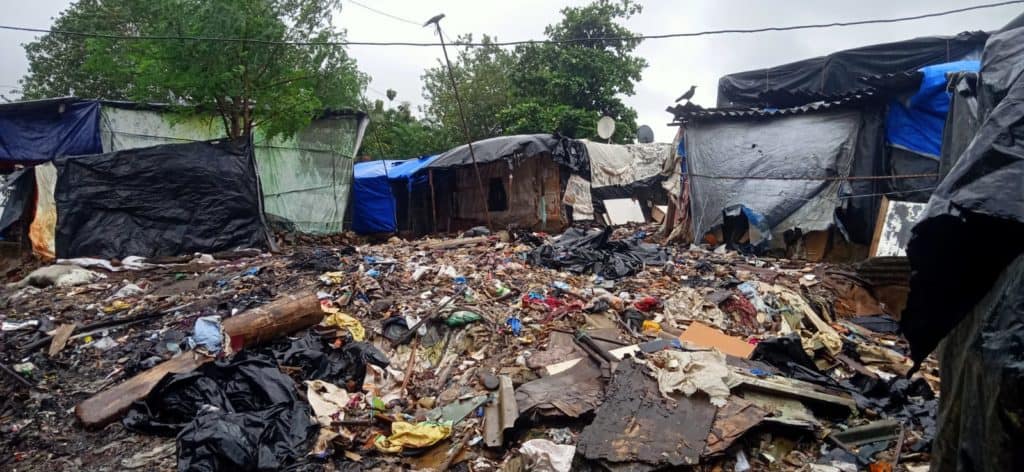
Pic: Anmol Tiwari
A life of struggle
Choosing to live in an informal settlement is never an easy decision. Families have to make sacrifices and endure a lot to be able to make a decent living in one. There are so many people here, from different backgrounds and professions, with stories unique and special. Small business owners, BMC workers, drivers, shopkeepers, vegetable vendors, daily wage earners, etc. They work hard to make ends meet and give their children the best resources possible, all on an average monthly income of Rs 15,000.
My family moved here all those years ago to give my older brothers, Abhay and Anup, and me, a better education. On my father’s income from a bhel puri stall at Borivali station, and post the pandemic as an auto-rickshaw driver, they are now preparing for admission in the merchant navy and 12th grade respectively.
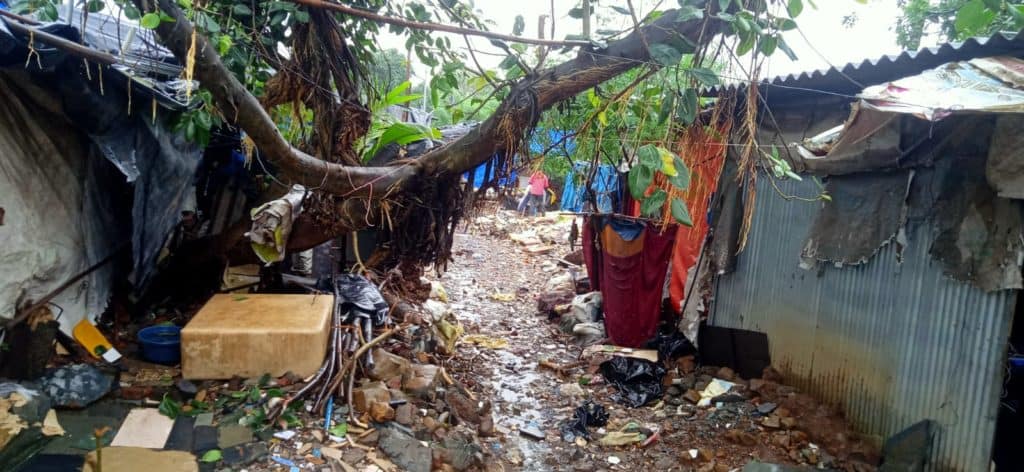
COVID, isolation and mental health
All the hardships, coupled with how society raises men, add to expectations. We’re constantly told not to feel things, not to express our emotions and be tough. The pressure to take on responsibilities and earn for the family is always there. I remember my father crying when my grandmother passed away, only to be told, “Don’t cry. You have a family to take care of.” Are we not allowed to feel sad about a loved one’s death?
This got worse after the COVID pandemic. Physical closeness has reduced since humans are afraid of each other. People are detached, and I lost a few friends because of it.
Perhaps because of all this, I’m a very private person. I don’t always share my feelings with many people. When I do tell my friends or parents, they hear me out, give me their opinions and try to distract me. “You’ve grown up now, you have to change and take ownership of your actions,” they tell me. I know they mean well, but sometimes I just want to embrace my feelings instead of suppressing them.
In the past, I have not always treated people well and I’m not proud of that. But nowadays, I go to a secluded place and scream my lungs out. It may not be the best way of venting out my emotions, but it helps me and I shouldn’t have to feel guilty about it. Or, I convert my negative feelings by playing football and channeling the energy in the game.
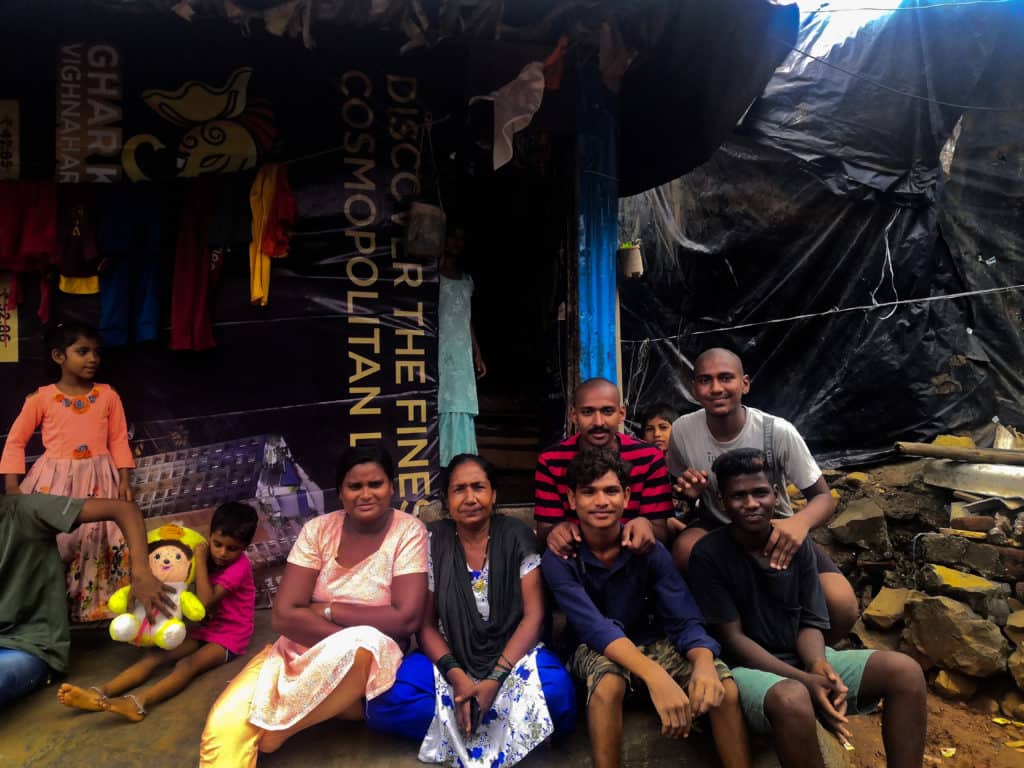
Read more: The story behind waterlogging in Mumbai’s Kranti Nagar every monsoon
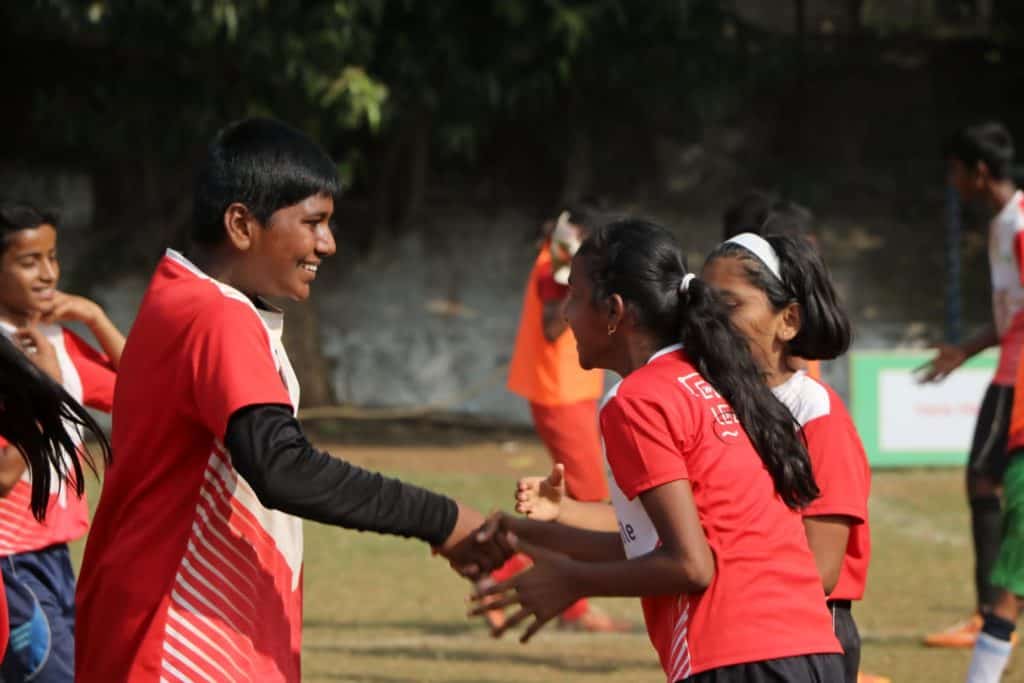
The blind side
I began playing football with my school’s team when I was ten years old. My coach, whom I call Mayur Bhaiya, looked out for me and made sure opportunities were there for my taking. Others too have been compassionate towards me, motivating me to work on myself and make my life better.
But I’ve also seen the ugly side of the spectrum. When I go to football matches, people are nice as long as they believe I come from a privileged background. But when they find out I live in an informal settlement – a basti, they change. Their attitude, tone and look turn demeaning. I try to ignore them because I know there are people on my side.
The gender divide
My experiences have also made me more sympathetic to the plight of women and the LGBTQ+ community, who have it worse. Most people in the basti send their daughters to Hindi-medium schools, while their sons go to English-medium international schools. Girls aren’t allowed to stay out after 7 pm, while boys go out and have fun at their will. They aren’t allowed to dress how they want because boys and men catcall and sexually harass them, blaming their behaviour on the girls’ short clothes. Even those who speak about equality discriminate among the genders in subtle ways.
If a person is gay or transgender, they’re called a ‘girl’ in an insulting tone, as if being a woman is an insult. People who show courage and tell their families that they are gay, lesbian or transgender are spoken to badly or are told that it is a disease and it will get better soon. Trans people are bullied, and their names are used as curse words.
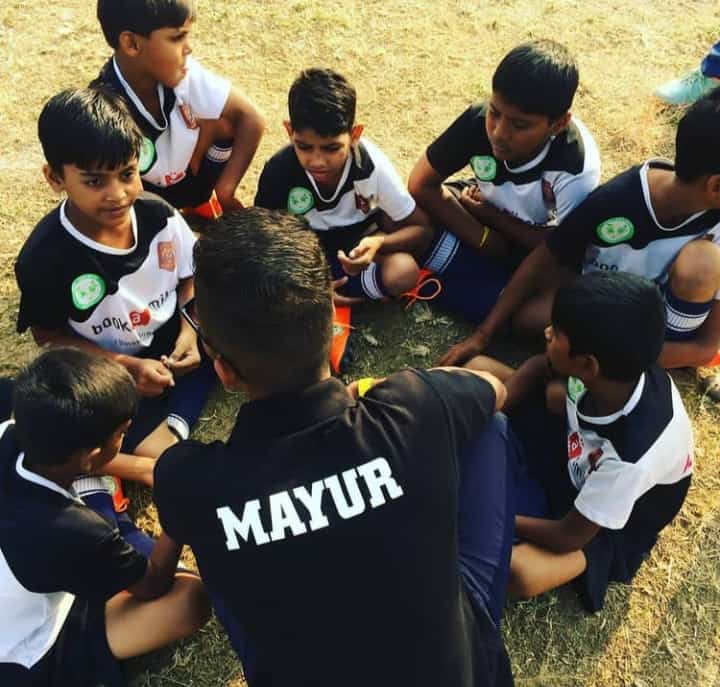
A dream of a better future for all
Seeing this discrimination within my basti and outside makes me agitated and sad, especially when I know the people here are capable of love and kindness. Here is a place where struggle mingles with joy, where hardship meets the unrelenting face of endurance.
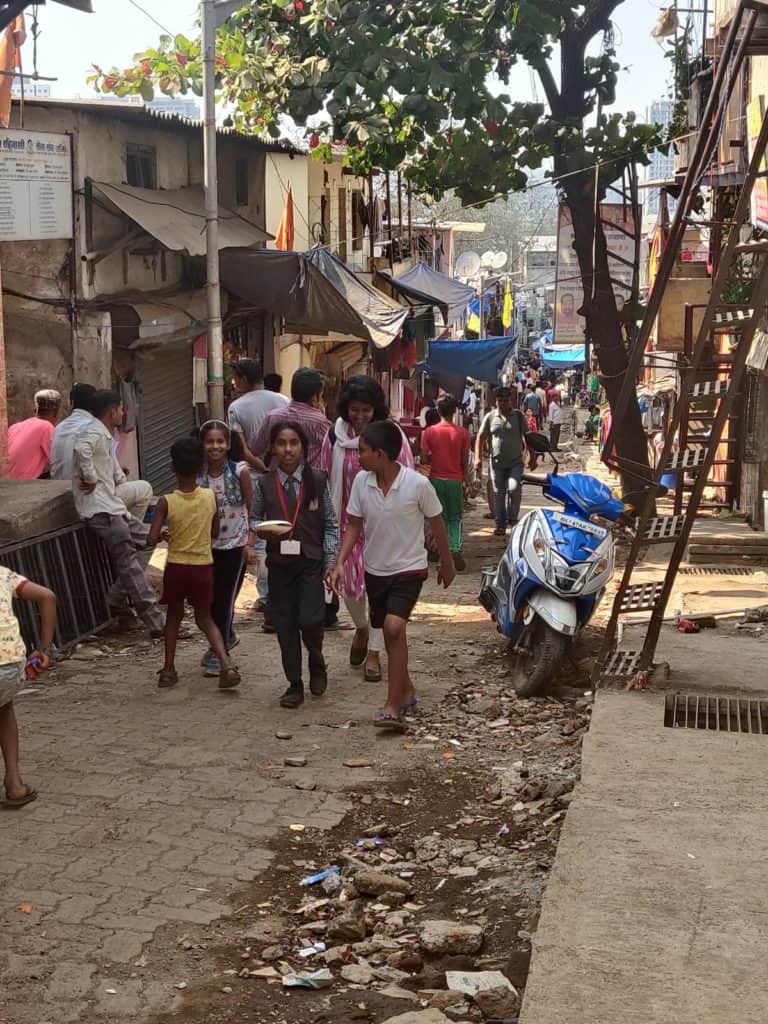
One of my favourite memories is of Ganesh Chaturthi, when everybody from the informal settlement comes out and dances in the rain. It is one of the best feelings to see people enjoy little moments of happiness amongst all the problems we go through. Because most people have holidays, we spend a lot of time together preparing food and decorations, performing pooja, etc. People from many different religions and castes live here, and we do this for all festivals, from Eid to Holi, Lohri to Onam. We love to celebrate each other.
I wish to make my basti a safe place for all girls and women of the community and a more inclusive and expressive space for all the genders of my community.
[Writing assistance provided by Sabah Virani]
Written by 9th class student just amazing
This article is very relatable as because I am also one of them who belongs to a middle class family and gone through all these hard times in life.Our fathers are the one who work 12 hours struggling whole day just for us and our family.Thanks for your wonderful article. Keep on doing such things.
Thanks for expressing our feelings Anmol Tiwary. I’m also from this area
It’s very nice reading this article because it not only just tells about your story but it also motivates youth , specially the middle class because it’s like if you can so we can too but not only about writing the article but many more things so ya people like us can also achieve many things . Getting the article on ‘MUMBAI CITIZENS MATTERS’ is not a small thing so because of you many are getting motivated